In the ever-evolving world of athletics and fitness, the pursuit of enhanced sports performance remains a central focus for athletes, coaches, and enthusiasts alike. The journey to peak performance is multifaceted, involving a blend of physical training, mental conditioning, and strategic recovery. Whether you're a professional athlete or a weekend warrior, understanding the nuances of performance improvement can make a significant difference in your results.
The foundation of any successful performance enhancement strategy lies in tailored physical training. No two athletes are identical, and as such, training programs must be customized to address individual strengths, weaknesses, and goals. Strength and conditioning routines should prioritize functional movements that mimic the demands of the specific sport. For instance, a sprinter’s regimen will differ vastly from that of a long-distance runner, emphasizing explosive power over endurance. Incorporating periodization—structured variations in intensity and volume—helps prevent plateaus and reduces the risk of overtraining. Additionally, mobility and flexibility work should not be overlooked, as they contribute to injury prevention and overall movement efficiency.
Nutrition plays an equally critical role in optimizing athletic performance. The body requires the right fuel to perform at its best, and this goes beyond simply consuming enough calories. Macronutrient balance—protein for muscle repair, carbohydrates for energy, and healthy fats for sustained endurance—must align with training demands. Hydration, often underestimated, can drastically impact performance; even mild dehydration can lead to decreased coordination and fatigue. Supplements, when used judiciously, can fill nutritional gaps, but they should never replace whole foods. Timing is another key factor; pre- and post-workout nutrition can influence energy levels and recovery rates, respectively.
Beyond the physical, the psychological aspect of sports performance is a game-changer. Mental resilience, focus, and the ability to handle pressure often separate good athletes from great ones. Techniques such as visualization, where athletes mentally rehearse their performance, have been shown to improve confidence and execution. Mindfulness and meditation can help manage stress and enhance concentration during high-stakes moments. Coaches and athletes should also address the fear of failure, as it can hinder performance. Building a strong mental framework is a continuous process, but its impact on overall performance is undeniable.
Recovery is where many athletes falter, yet it is just as vital as training itself. Overtraining syndrome is a real threat, leading to diminished returns and increased injury risk. Active recovery, such as light swimming or yoga, can promote blood flow and reduce muscle stiffness without overtaxing the body. Sleep, often dubbed the best performance enhancer, is when the body undergoes critical repair processes. Athletes should aim for 7-9 hours of quality sleep per night. Other recovery modalities, including cryotherapy, massage, and compression therapy, can further aid in reducing inflammation and speeding up muscle repair.
Technology has revolutionized how athletes approach performance enhancement. Wearable devices provide real-time data on heart rate, sleep patterns, and even muscle fatigue, allowing for more informed training adjustments. Video analysis tools enable athletes to break down their technique frame by frame, identifying areas for improvement. Even virtual reality is making strides, offering immersive training environments for skill development. While technology is a powerful ally, it’s essential to strike a balance—relying too heavily on data can sometimes overshadow instinct and feel, which are equally important in sports.
Ultimately, improving sports performance is a holistic endeavor. It requires a harmonious blend of physical preparation, nutritional awareness, mental fortitude, and recovery strategies. There is no one-size-fits-all solution, and what works for one athlete may not work for another. The key lies in continuous learning, adaptability, and a willingness to refine one’s approach over time. By addressing each of these components with intention and consistency, athletes can unlock their full potential and achieve lasting success in their respective disciplines.

By /May 21, 2025
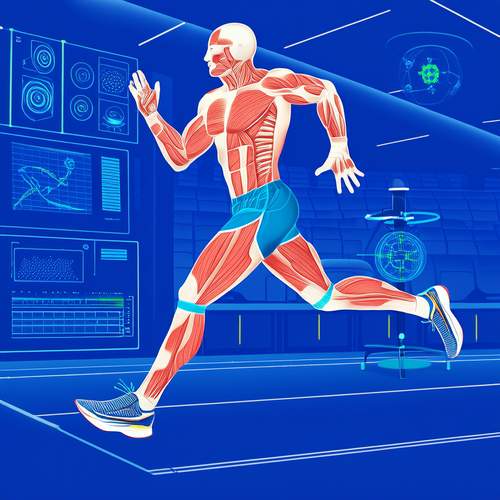
By /May 21, 2025

By /May 21, 2025

By /May 21, 2025

By /May 21, 2025
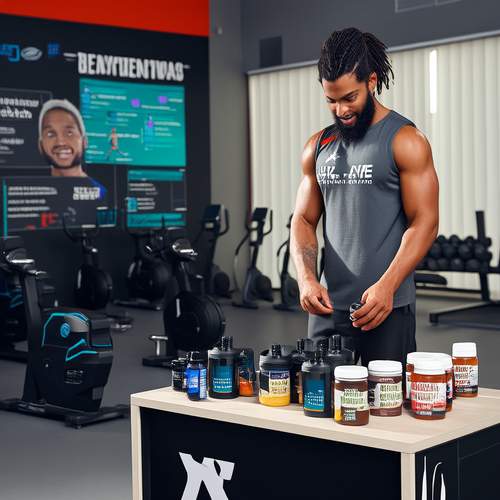
By /May 21, 2025
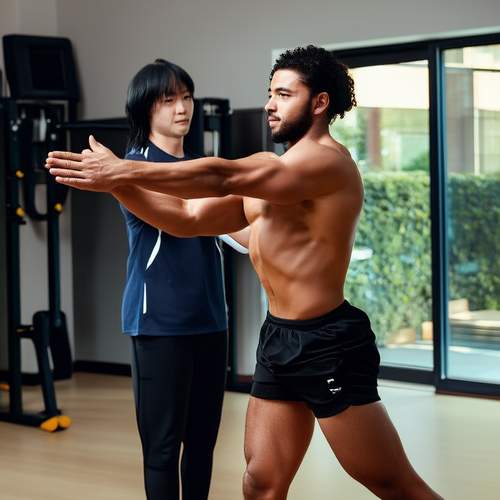
By /May 21, 2025
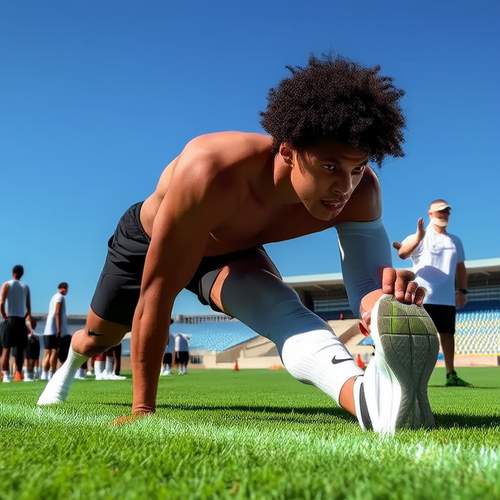
By /May 21, 2025

By /May 21, 2025
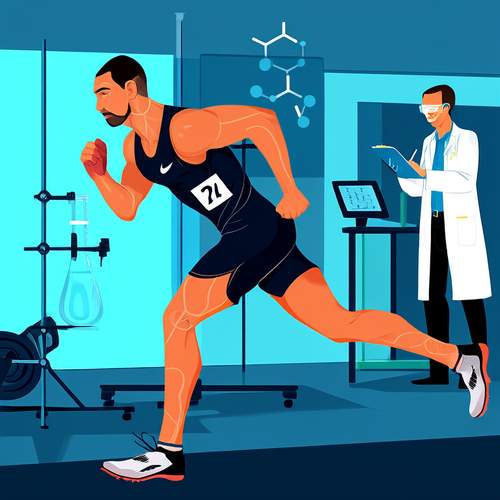
By /May 21, 2025
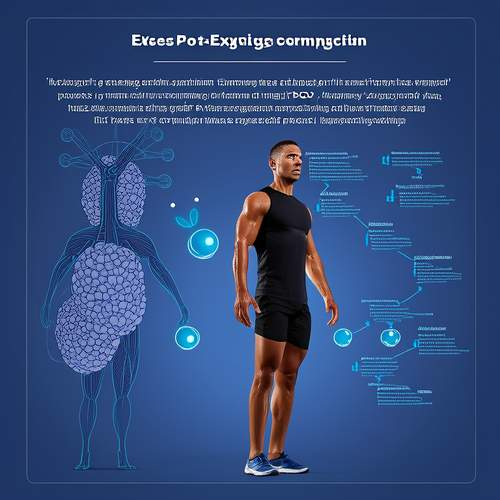
By /May 21, 2025

By /May 21, 2025

By /May 21, 2025
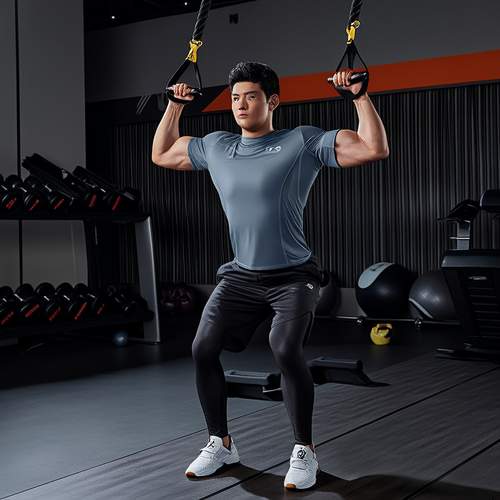
By /May 21, 2025
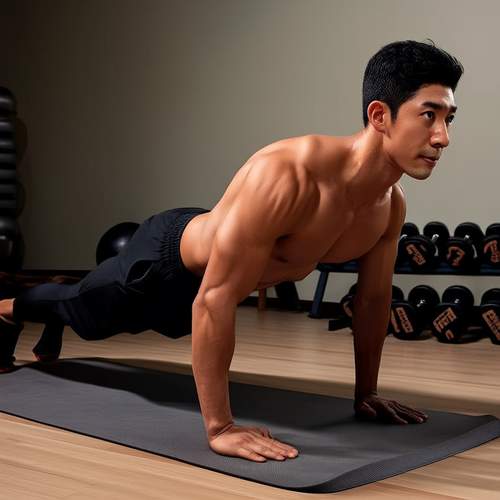
By /May 21, 2025

By /May 21, 2025
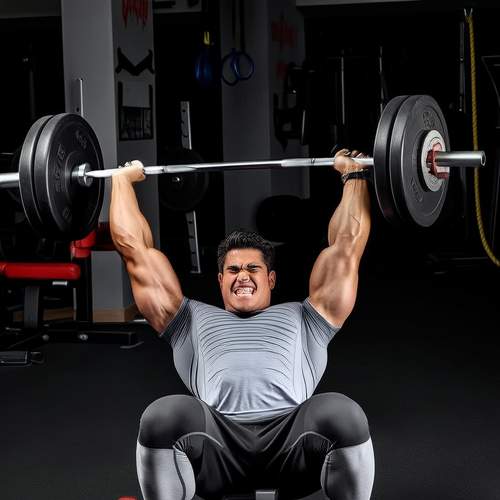
By /May 21, 2025
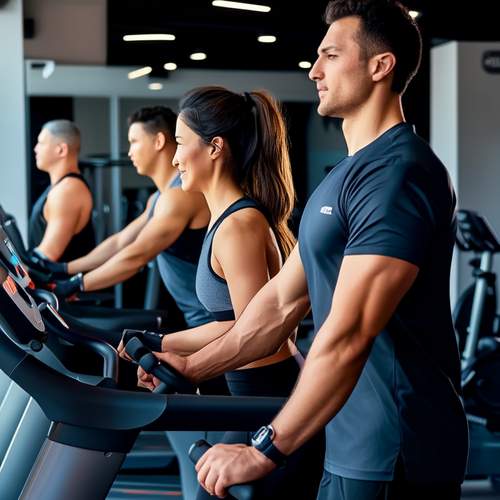
By /May 21, 2025

By /May 21, 2025

By /May 21, 2025